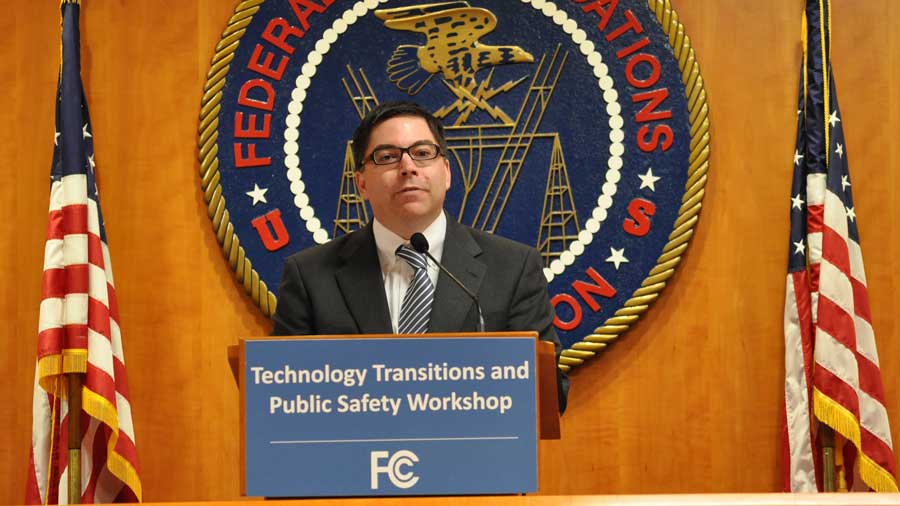FCC's O'Rielly: Time to Define Interconnected VoIP as Info Service

The smarter way to stay on top of broadcasting and cable industry. Sign up below
You are now subscribed
Your newsletter sign-up was successful
FCC commissioner Michael O'Rielly says it is time the FCC finally weighed in on the definition of interconnected VoIP, which is the IP-based phone service employed by many cable operators in their service bundles.
That came as the FCC, at its public meeting Friday (Oct. 25), was providing the courts with its expert opinion that local regulators--in this case Alabama--could not exact higher fees for VoIP-delivered 911 than that delivered by traditional circuit-switched networks.
O'Rielly said that was the right call, but that the FCC needed to make the larger call that interconnected voice service (which connects to that traditional network) is an interstate information service, as the FCC has classified IP-based broadband video and data.
The FCC has avoided making that call for years, which a federal appeals court noted in upholding a district court conclusion that interconnected VoIP was an information service, a decision the appeal of which the Supreme Court recently chose not to hear.
In his statement on the Alabama VoIP advisory, O'Rielly said the item reflected the need to acknowledge the market realities, which meant VoIP should be classified as an interstate information service, which is the "logical consistency" with classifying fixed broadband and IP video as information services. He said it "strained credulity" that the FCC had not followed suit with VoIP.
He asked whether the fact that a packet contained two-way voice made it any different from one that contained video or data. "Of course not," he said.
One reason the FCC may have been hesitant to make that call is because both traditional and interconnected VoIP combine IP and the traditional switched network, with the VoIP conversion occurring in the home and traditional phone carriers using IP in the middle of the network, and traditional switched in the home. Theoretically if an AT&T or Verizon moved switching to the home, they could argue they were an information service as well and get out from under Title II common carriers regs. That was a point made by the dissenting judge in the federal appeals court decision upholding the info services definition.
The smarter way to stay on top of broadcasting and cable industry. Sign up below
He said that an "overarching" info services category that applied to all IP conversions would "create a pathway for every company to escape the heavier telecommunications services, like rate regs and tariffs, of which O'Rielly is no fan either.
"We appreciate the Commission's decision clarifying that VoIP customers should not be required to pay more in 911 fees than customers of legacy voice services," said NCTA-The Internet & Television Association in a statement.
Contributing editor John Eggerton has been an editor and/or writer on media regulation, legislation and policy for over four decades, including covering the FCC, FTC, Congress, the major media trade associations, and the federal courts. In addition to Multichannel News and Broadcasting + Cable, his work has appeared in Radio World, TV Technology, TV Fax, This Week in Consumer Electronics, Variety and the Encyclopedia Britannica.

